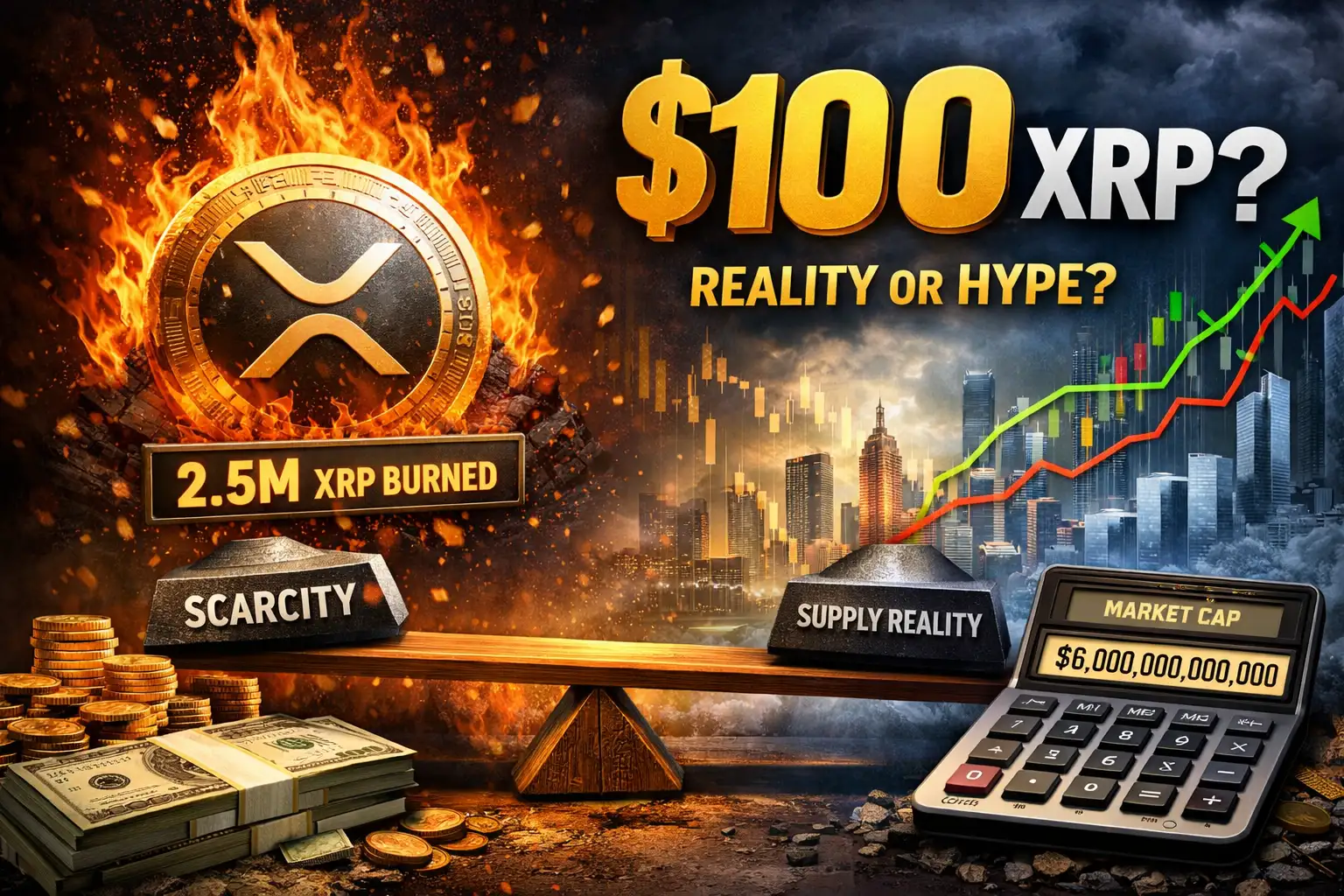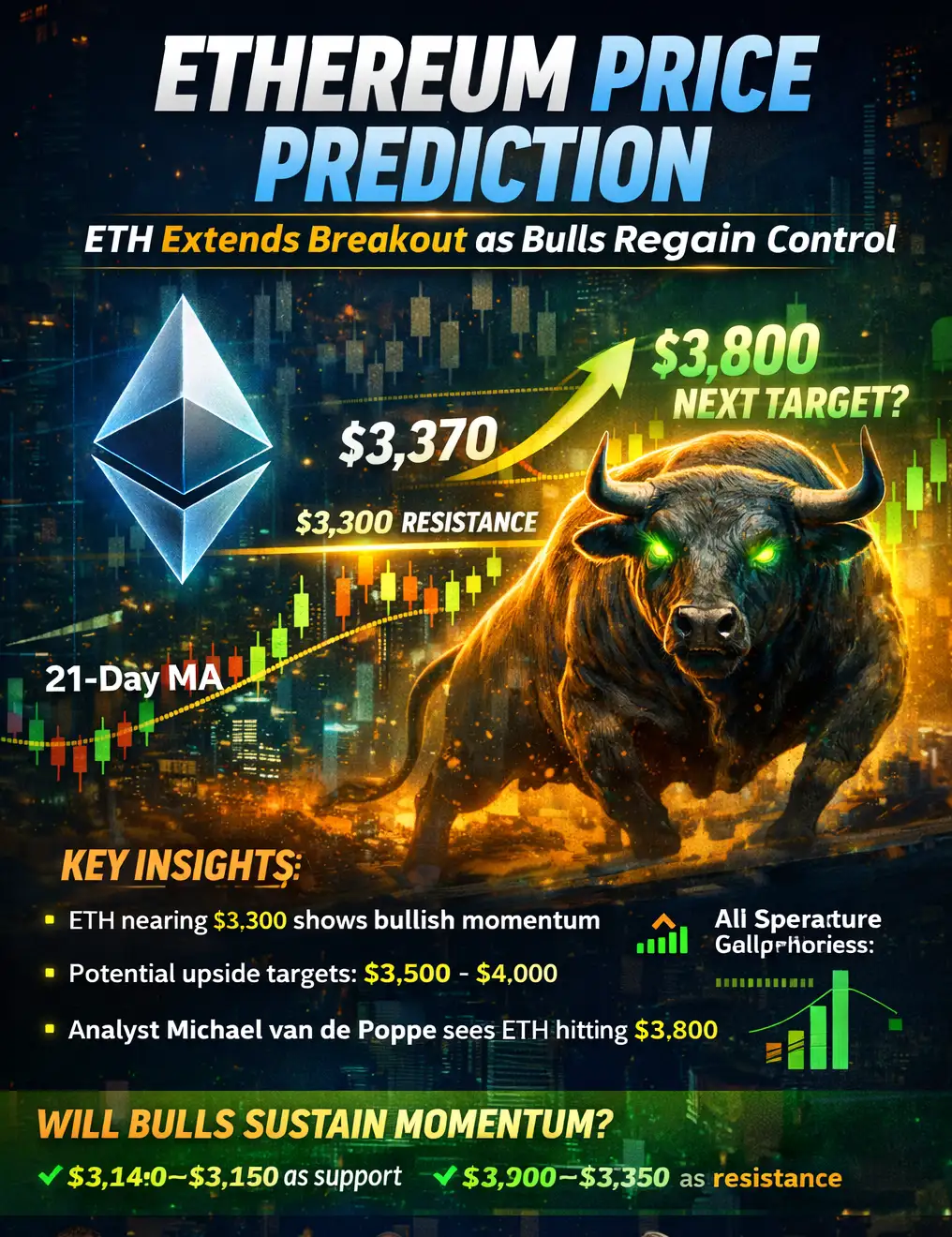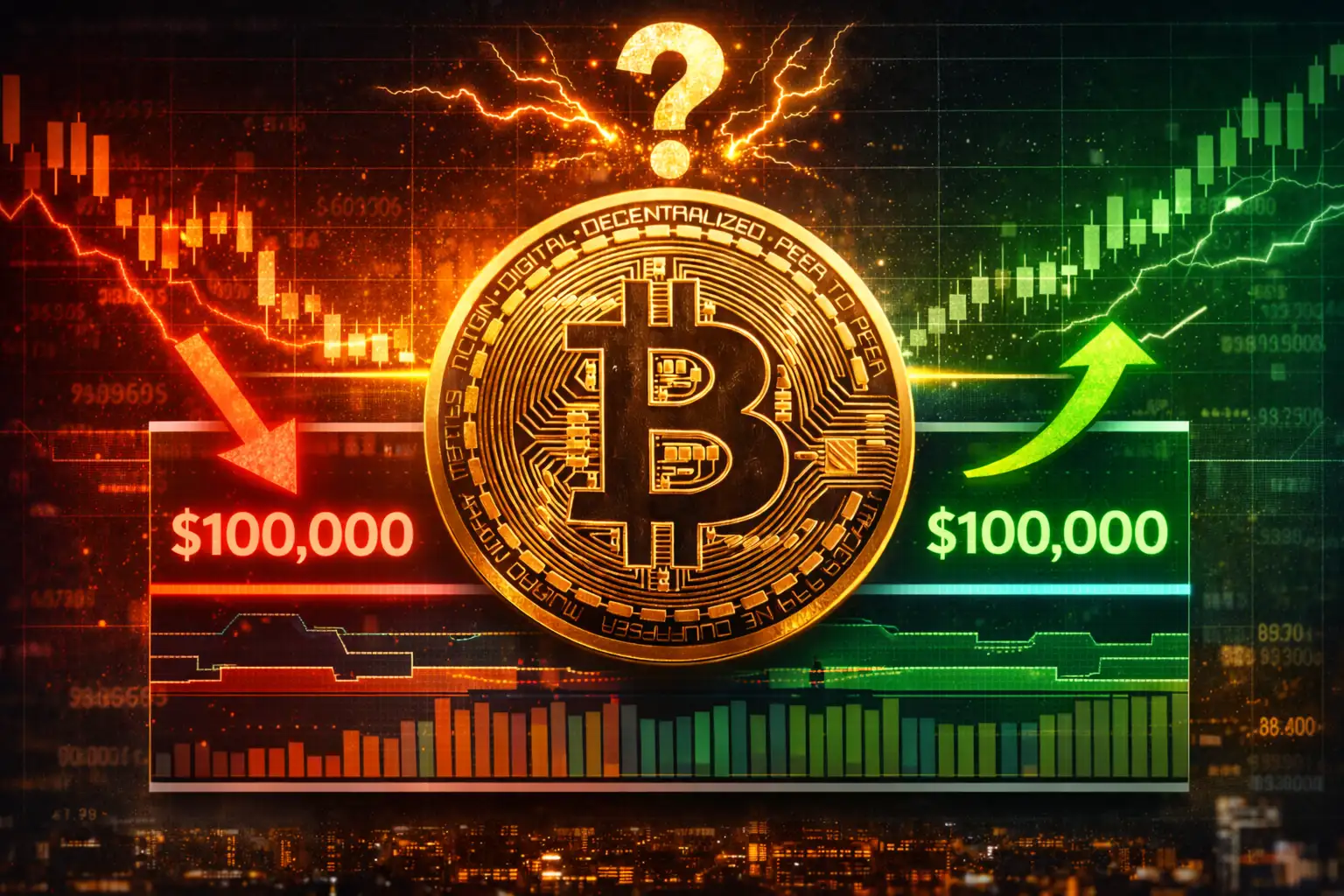
As discussions are held on blockchain's potential to revolutionize major industries across the world, decentralized social networks cannot be entirely left out. Decentralized social networks have reshaped the entertainment industries, offering an alternative to traditional social network platforms.
For instance, launched in early 2023, Bluesky surpassed 1 million users by September 2023 and reached over 2 million by November 2023. Following its public launch in February 2024, the platform experienced rapid expansion, particularly after events like the U.S. presidential election, with user counts doubling and surpassing 25 million.
It introduces major features such as distributive control, distributive ownership, elimination of central authorities etc.
From decentralized social platforms such as diaspora and Mastodon to Lens, are making significant impacts and changes in the entertainment industry and social networks.
This system is unlike centralized platforms like Facebook, and Twitter, owned and controlled by centralized and single entities that exercise control in the networks. Rather, decentralized social networks operate on the blockchain and offer a distributed network of servers, enhancing independence and user control.
This article explains the meaning and characteristics of decentralized social networks, differentiates them from traditional social platforms and identifies the leading decentralized social platform.
We will begin by exploring the meaning and various types of decentralized social platforms to establish a fundamental understanding of our discussion. This provides a clearer vision of their structure and purpose and how they differ from traditional social networks.
Decentralized Social Networks are social media platforms that leverage blockchain technology to establish distributed networks controlled by users. This disrupts traditional social networks where activities are controlled by single entities and user data are controlled by central servers owned by corporations.
The decentralized system of these platforms fosters benefits such as personal data ownership, privacy, and censorship resistance. In essence, users have exclusive control over their contents, identities, and interaction, without any form of reliance on central authorities.
However, these platforms possess' characteristics like cryptographic security, token-based incentives and open-source protocols. These properties foster security, transparency and decentralization. With that being said, there are countless decentralized social networks, but some stand out as the most popular and widely used. These include; lens protocol, mastodon, diaspora, Bluesky, Farcaster etc.
The next section will distinguish between what was obtainable by the traditional social platforms from the decentralized social networks. With this, we get to better appreciate its benefits and the reason for its widespread adoption.
We identified 5 major differences between DSNs and traditional social media platforms, they are:
Decentralised social media platforms empower users to control their data and contents. Therefore it promotes democratised and distributive networks, where users maximize the revenue from their content and data as they wish.
This is different from traditional social networks where central authorities exercise absolute control over content posted and user data. This platform establishes a format where the single authorities control and monetize content that is posted on their centralized servers.
Decentralised social networks ensure greater data security and privacy. This is a result of the encrypted nature of data on the network distributed amongst all nodes.
This gives a user a sense of privacy, especially regarding his identity and data. On the other hand, traditional social platforms establish privacy concerns. This is because data is collected, stored, controlled and monetized on their platforms, hindering better security of identity and data.
For Decentralised social networks, content moderation and censorship are typically community-driven, with no central authority imposing restrictions.
This creates censorship resistance to the satisfaction of the users. Meanwhile, traditional Social Media centralized platforms have the power to censor or remove content based on their policies.
Users in decentralised social networks earn rewards and tokenization through Decentralised financial models. This is a result of their participation in the platform and content posted. Therefore, a user is in complete control of earnings and rewards from uploaded content.
In traditional social networks, users are granted limited financial controls. This means that the companies primarily earn from content created by users and creators subsequently earn from Ads, partnerships and verification.
Decentralised social networks are governed by the community of participants. One can say that DSNs support democracy where users are the central decision-makers. This power and privilege is exercised through Decentralised Autonomous Organisations.
On the flip side, executives and platform owners make decisions in traditional social networks. This means that governance centralized and centralized authorities exercise absolute control. From the differences outlined, one can easily determine the benefits of Decentralised social networks and why it has gained widespread adoption, being a better network to upload our social content.
DSNs are established on blockchain technology and they play a foundational role in decentralized social networks. This is because it ensures transparency, security, and user ownership of data.
Unlike traditional social media platforms, which rely on centralized servers, DSNs use blockchain to distribute data across multiple nodes, reducing the risks of censorship, privacy breaches, and corporate control. Key Roles of Blockchain in DSNs include; data Ownership and Security, transparency and immutability, censorship resistance, decentralized governance etc.
Smart Contracts play a crucial role in exercising control over contents and the rewards therein. It is important to identify the roles of smart contracts and equally its importance in our discussion.
The process of controlling personal data and monetization is not possible without automation of execution by smart contracts. This is because smart contracts are self-executing contracts on the blockchain that automate processes in decentralized social networks.
They eliminate the need for intermediaries and enforce predefined rules transparently. Smart Contracts are used to facilitate executions on Decentralised social networks and we will discuss how in the next section.
With smart contracts, payment of, engagement, tips, charges and remittance of rewards are automatic. In other words, payments for content steaming are automatically done and creators automatically receive instant rewards afterwards.
Through smart contracts, Community-driven moderation can be automated. In this system, token holders vote on disputes or content policies. This promotes the democratisation of activities and regulations.
Advertisers can directly interact with users through smart contract-based ad models, ensuring fair revenue distribution. Let's discuss the nature of the personal identification process of users in decentralised social networks a little.
Decentralized Identity (DID) in DSNs:
Decentralized identity (DID) is a feature that enables users to take complete charge of personal information that relates to their identity. It ensures that users control their online identity without relying on centralized platforms.
This is totally different from traditional social networks where login credentials are owned by companies, DID allows users to authenticate using blockchain-based identities where their privacy is better secured and preserved. This prevents privacy breaches and any form of identity theft.
Decentralised identity comes with so many benefits that range from user sovereignty, and privacy protection to interoperability.
Tokenization
We have mentioned constantly that content creators and users are rewarded mostly by tokens. Therefore, we will briefly discuss the tokenization model obtainable from these platforms.
Tokenization is a major means of earning rewards on decentralized social networks. It is done through a model known as the SocialFi model which will be discussed in this section.
SocialFi (Social Finance) is a model that integrates blockchain-based financial incentives into social networking. It allows users to earn, trade, and monetize their content. It also allows for interactions using cryptocurrencies, NFTs, or social tokens.
There are different forms of Tokenization in Decentralised social networks which we are about to highlight.
1. Social Tokens:
Individual users or communities can issue their tokens, which can be used for tipping, exclusive content access, or governance participation.
2. NFTs (Non-Fungible Tokens):
Digital assets in the form of NFTs representing unique content, such as posts, videos, or profile pictures, can be bought, sold, or traded.
3. Crypto Tipping & Microtransactions:
Users can reward content creators with native tokens, ensuring fair compensation without relying on traditional advertising models.
4. Staking and Rewards: Some DSNs allow users to stake tokens in exchange for governance rights, exclusive content access, or passive income.
Furhermore, let's discuss the major blockchain platforms that support Decentralised social networks, providing a form of security, transparency and decentralisation.
Ethereum is widely used to scale up automated decentralised projects. It is the most widely adopted smart contract platform. It powers a vast ecosystem of decentralized applications (dApps) across finance, gaming, social media, and more.
Its robust developer community and strong network effects make it the go-to blockchain for innovation. Examples of DSNs deployed on Ethereum are Lens Protocol, Farcaster etc.
Ethereum is accompanied by certain challenges. Ethereum faces high gas fees and scalability limitations due to network congestion. However, Layer-2 scaling solutions like Arbitrum and Optimism help reduce costs and improve transaction speeds. This makes Ethereum more efficient for developers and users.
Solana blockchain also accommodates Decentralised social networks. Solana provides high-speed transactions and low fees. This makes it well-suited for social interactions, microtransactions, and real-time applications.
Its scalability enables seamless user experiences without the high costs associated with other blockchains.Only1, Social etc are examples of DSNs, built on Solana Blockchain.
It suffices to note the challenges users are susceptible to on the Solana Blockchain. Solana has faced occasional network outages and concerns about centralization due to its validator distribution.
While ongoing upgrades aim to enhance network stability and decentralization, these issues remain key considerations for developers and users.
As a Layer-2 solution for Ethereum, Polygon provides scalability and lower transaction costs while maintaining Ethereum’s security benefits. DSNs built on polygon are Lens Protocol, Aavegotchi’s social features etc. However, due to Polygon's reliance on Ethereum’s infrastructure, there may be bottlenecks during high activity.
4. DeSo (Decentralized Social Blockchain)
DeSo is purpose-built for decentralized social applications. It goes further to offer features like social tokenization, NFT integration, and seamless creator monetization.
Unlike general-purpose blockchains, DeSo optimizes for high scalability and low-cost on-chain interactions. This makes it an attractive choice for social platforms seeking blockchain-native engagement models.
Despite its specialized design for specific purposes, DeSo struggles with lower adoption compared to larger ecosystems like Ethereum and Solana.
This results in reduced liquidity, fewer active developers, and limited interoperability with other blockchain ecosystems. While its niche focus provides unique advantages, broader adoption remains a key challenge for its long-term growth.
Here is a detailed breakdown of five decentralized social networks (DSNs), comparing each to its closest traditional counterpart.
Lens Protocol is a decentralized, user-owned social graph built on the Polygon blockchain. It allows users to create, own, and control their social media identities across multiple apps. This ensures that their content and following remain intact regardless of the platform.
In comparison with a traditional Counterpart such as Twitter/X, authorities in charge of Twitter/X have the complete ability to disable or suspend a user's account, resulting in loss of followers painstakingly built over time.
This is different from the Lens Protocol. On Lens Protocol, your followers and content move with you, even if one platform shuts down.
Farcaster is a decentralized social protocol that balances decentralization with scalability. It achieves this by simply using on-chain identities and off-chain data storage. This hybrid model reduces blockchain costs while ensuring users control their social presence.
Farcaster can be compared to a traditional social platform like Reddit. In Reddit-like platform l, subreddit moderators can ban users without a transparent, community-driven voting process. This is different in Farcaster. It enables this by ensuring identity and interactions remain intact across applications.
Bluesky is a decentralized social media protocol (AT Protocol) that allows different platforms to interconnect. It enables connectivity while maintaining some level of decentralization. Unlike fully blockchain-based networks, Bluesky operates in a federated model, similar to email services. In essence, Bluesky enables this level of interoperability.
Mastodon is an open-source federated microblogging platform. It functions similarly to Twitter but operates on independent servers, called “instances.” In such a system, each instance has its own rules and moderation policies. Mastodon enables flexibility which is not obtainable in traditional social platforms such as Twitter.
From the article so far, it has been showcased that decentralized social networks offer significant advantages over traditional platforms by giving users control over their identities, content, and monetization.
Each DSN has unique features and trade-offs, but they all aim to create a more user-centric and censorship-resistant online experience.
The future of decentralized social networks (DSNs) is a promising one for certain. It will be shaped by deeper integration with the Metaverse, Web3, AI-driven moderation, cross-chain interoperability, and evolving regulatory frameworks.
It will reshape the outlook of social networks where users will own digital identities that seamlessly transition across virtual worlds. Decentralized AI and community-governed moderation will reduce bias while ensuring transparency.
As DSNs mature, they challenge traditional social media by prioritizing user control, privacy, and financial empowerment.
Blockchain technology is the backbone of decentralized social networks, ensuring security, transparency, and user autonomy. Smart contracts and decentralized identities empower users with control over their data and interactions, while tokenization and socialFi models provide new economic opportunities.
As blockchain networks like Ethereum, Solana, and DeSo continue to evolve, DSNs will become more scalable, user-friendly, and widely adopted.
On-Chain Media articles are for educational purposes only. We strive to provide accurate and timely information. This information should not be construed as financial advice or an endorsement of any particular cryptocurrency, project, or service. The cryptocurrency market is highly volatile and unpredictable.Before making any investment decisions, you are strongly encouraged to conduct your own independent research and due diligence
Tags :

0 Comments
Show More

A deep dive into recent XRP burn data showing 2.5 million tokens permanently removed over 800 days, why that matters, and why some analysts believe $100 per XRP is inevitable with real numbers.

Ethereum shows renewed bullish momentum above key levels near $3,330.

Bitcoin trades at a critical crossroads as price compresses near resistance. Analysts debate whether BTC breaks $100K or faces another correction.
On-Chain Media is an independent, reader-funded crypto media platform. Kindly consider supporting us with a donation.
bc1qp0a8vw82cs508agere759ant6xqhcfgcjpyghk
0x18d7C63AAD2679CFb0cfE1d104B7f6Ed00A3A050
CBaXXVX7bdAouqg3PciE4HjUXAhsrnFBHQ2dLcNz5hrM
Contains the last 12 releases